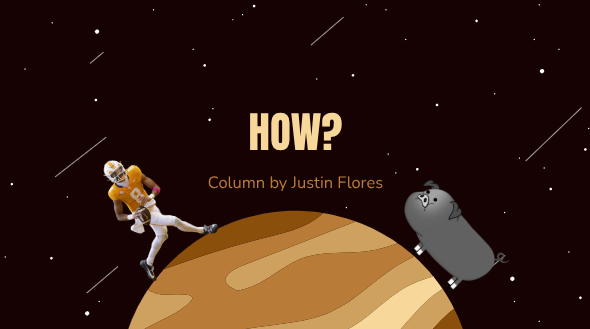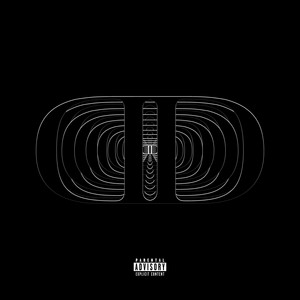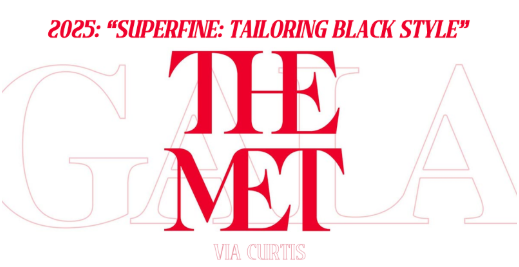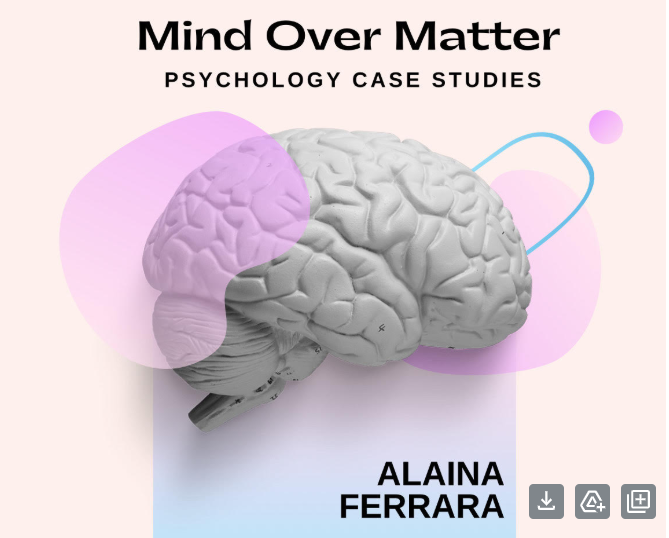Reed Books: Shakespeare Against Philosophy
October 24, 2021
Fair warning: this week’s article isn’t about a book, it’s about an article, but “Reed Articles” doesn’t have quite the same ring to it.
“Shakespeare Against Philosophy” by Jeffrey R. Wilson of Harvard University makes an interesting argument about the famous “to be or not to be” soliloquy from Hamlet. If you’re unfamiliar, the general idea is that Hamlet is really upset for very understandable reasons, and feigns insanity to lure his enemies into a false sense of security before getting revenge for the death of his father.
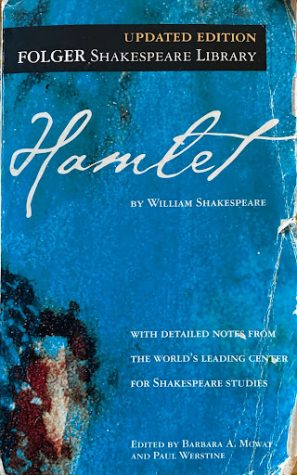
Generally, the “to be or not to be” soliloquy is understood as Hamlet’s grapple with suicide, and whether or not it’s worth it to end his life. He eventually settles on the idea that the only reason people don’t end their lives is because they’re afraid that the afterlife might be worse. He cuts himself off when he sees Ophelia.
Wilson, however, argues that Hamlet knows he’s being watched the whole time by Polonius and Claudius (Ophelia’s father and his uncle/step-father, respectively). This soliloquy is not a genuine philosophical expression of angst, but a means for Hamlet to appear crazy in front of his enemies.
To Wilson, Hamlet’s debate over suicide was settled in his very first soliloquy. “To be or not to be” is not the question he’s asking himself at all. In this way, Shakespeare demeans purely theoretical philosophy as a form of madness, not as a sign of intelligence.
Ironically, this would imply that most of the modern western world is equally mad for believing Hamlet’s feigned insanity. He contradicts the plot in the soliloquy by calling the afterlife a place from where no one returns, even though his father’s ghost did just that. He doesn’t put much effort into getting the details right; he just wants to look crazy.
Wilson defends a difficult case but does it devastatingly well. While some of his writing is pretty inaccessible, it’s a quick read for being a 15-page literary analysis. Whether or not you believe him, he poses an interesting point about how we consider historical, as well as dramatic, context in literature.
That’s the question.
You can read Wilson’s article here: https://wilson.fas.harvard.edu/files/jeffreywilson/files/jeffrey_r._wilson_22to_be_or_not_to_be_-_shakespeare_against_philosophy22_2017.pdf












